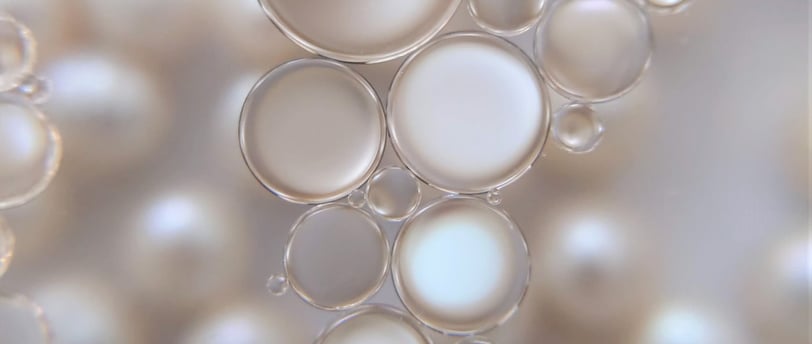Natural or Synthetic Perfume?
Choosing Between Natural and Synthetic Perfumes
PERFUMERY


Perfumery is an art form that has captivated the senses for centuries, evolving with time to cater to diverse preferences and lifestyles. Today, the fragrance world is rich with choices, ranging from the pure essence of nature to the innovative creations of synthetic chemistry. As consumers become more discerning, the industry has adapted, offering fragrances that align with a spectrum of values, from environmental sustainability to cutting-edge scent technology. Whether you're drawn to the authenticity of natural ingredients, the versatility of synthetic blends, or the nuanced complexity of mixed compositions, there's a perfume type that resonates with your personal style and ethos. Let's explore the distinct worlds of natural, synthetic, and blended perfumes, exploring who uses them, who produces them, and some notable brands that exemplify each category.
Natural Perfumes
Natural perfumes are made from ingredients extracted from plants, flowers, and other natural materials. They avoid synthetic compounds, offering a scent profile that closely aligns with the natural world.
Individuals who prefer eco-friendly, sustainable products often gravitate towards natural perfumes. Those with sensitive skin or allergies to synthetic ingredients also opt for these fragrances.
Artisanal creators and brands focused on organic and natural beauty products typically produce natural perfumes.
- Aftelier Perfumes: A luxury brand known for its pure and exquisite natural fragrances.
- Neal's Yard Remedies: Offers a range of organic beauty products, including natural perfumes.
Synthetic Perfumes
Synthetic perfumes are composed of man-made chemicals to replicate natural scents or create entirely new fragrances. They provide consistency and a wide range of scents that may not be achievable with natural ingredients alone.
Due to their affordability and variety, synthetic perfumes are popular among a broad audience. They cater to those seeking long-lasting scents and unique fragrance profiles not found in nature.
Most mainstream perfume brands use synthetic ingredients to some extent due to their versatility and cost-effectiveness.
- Chanel: Known for iconic fragrances like Chanel No. 5, which contains natural and synthetic ingredients.
- Dior: Offers a wide range of luxury perfumes, many of which use synthetic components for unique scents.
Blended Perfumes (Natural and Synthetic)
Blended perfumes combine natural essences with synthetic molecules to achieve the best of both worlds: the authenticity of natural scents with the creativity and longevity of synthetic ingredients.
This category appeals to a broad audience, including those who appreciate the artistry of fragrance creation and the nuanced, complex scents that blending can achieve.
Both niche and mainstream brands produce blended perfumes, balancing natural charm with synthetic innovation.
- Jo Malone London: Known for creating simple yet elegant scents using a mix of natural and synthetic ingredients.
- Le Labo: Offers personalized, hand-blended perfumes that use natural and synthetic ingredients to create unique fragrances.
Summary
The choice between natural, synthetic, and blended perfumes often comes down to personal preference, values, and desired scent experience. Natural perfumes appeal to those seeking purity and sustainability, synthetic perfumes offer versatility and durability, and blended perfumes provide a harmonious balance between authenticity and innovation. With brands like Aftelier Perfumes, Chanel, and Jo Malone London leading the way, the world of fragrance continues to evolve, offering something special for everyone.


